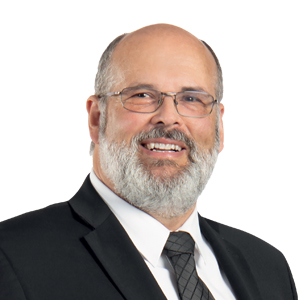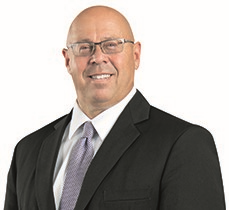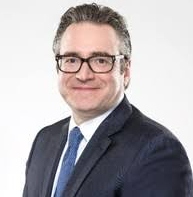Database currently offline due to migration. Working to restore within a few months. Thank you for your patience.
Who We Are
The story behind the CCEAC

Management team Behind CCEAC

Patrice Poitevin

Marc Tasse

Louis Martin Richer

Noah Arshinoff

Volunteers
A core group of regular volunteers have been supporting the efforts of CCEAC by providing their time, ideas and sweat equity in helping us grow.
These volunteers represent a broad section of business, academia, law and other sectors that are committed to the mission of the CCEAC.
The success of our efforts depends on the collective action of volunteers, supporters, contributors, funders and users.
Success through collective action
The growth and success of the CCEAC depend on the contribution of the many volunteers, contributors, advisors, supporters and users.
The more people get involved in building and improving CCEAC, the greater impact we can have collectively.


Who We Are
Based in Ottawa, the CCEAC management team oversee CCEAC’s ongoing efforts. Working alongside TI Canada’s team of volunteers, members and contributors in Canada and globally, they’re involved in continuously improving the resources of the CCEAC site, research projects, advocacy work, events and initiatives with partners and universities, while keeping up to date with the latest trends and best practices around the country and across the world. CCEAC management. members, experts and volunteer Board of Directors and other stakeholders further promote and implement this important work.
Board
As a not-for-profit organization, the Canadian Centre of Excellence for Anti-Corruption (CCEAC) relies on a volunteer board to oversee our continuing activities and efforts. Coming from a range of backgrounds, the board is made up of experts from throughout the private sector, civil society and academia, all with a vested interest, passion and commitment to help build knowledge and capacity as well as helping organisations prevent, detect and mitigate ethics, compliance and anti-corruption risks in Canada in beyond. The volunteer board also oversees our donations, making sure resources are used efficiently and strategically to best meet our mission.


CCEAC Advisory Committee
This group of volunteers assist and advising the management team and the board on strategic issues and in identifying priorities, activities, themes, trends and other issues that CCEAC should focus on. The advisory committee also helps us connect with experts, organisations, stakeholders, supporters and contributors who can provide content to the CCEAC and continuously improve the resources and database of information and tools available on the site.
CONTRIBUTORS
Corporate partners and contributors
Corporations large and small have had years to accumulate a wealth of experience in navigating and managing ethical, compliance, and anti-corruption risks. The lessons learned, improvements, mitigation plans, and other reforms and upgrades they have implemented can serve as best practices and models that others can use to develop and/or improve their own ethics and compliance measures. The CCEAC seeks the active participation of large and small businesses that are willing to share their knowledge, experience, and tools with others.


Volunteer Experts & Contributors
CCEAC relies on the involvement and support of contributors and experts who donate time, expertise, and content to the toolbox, help monitor the discussion forum, and/or share their experience to inform and help others through the “Ask an Expert” section of the site. These volunteers help build a database and information hub that promotes ethics and compliance, and that increases the knowledge and capacity of organizations to prevent, detect, and mitigate risk.
